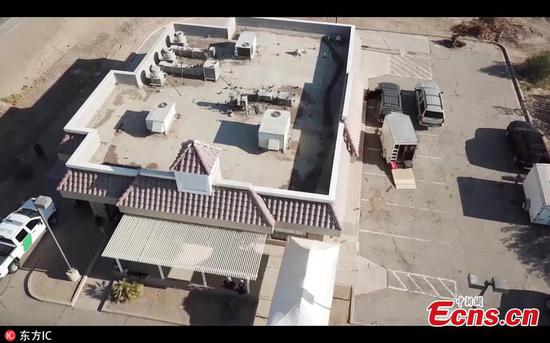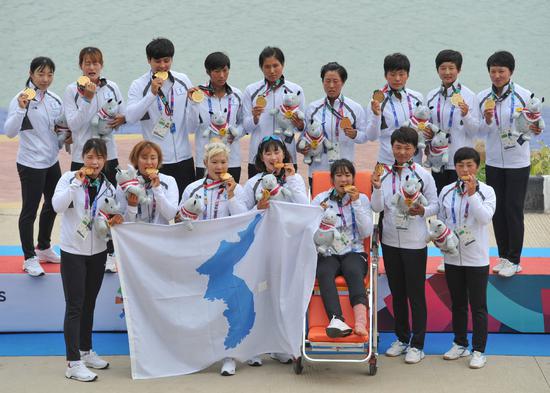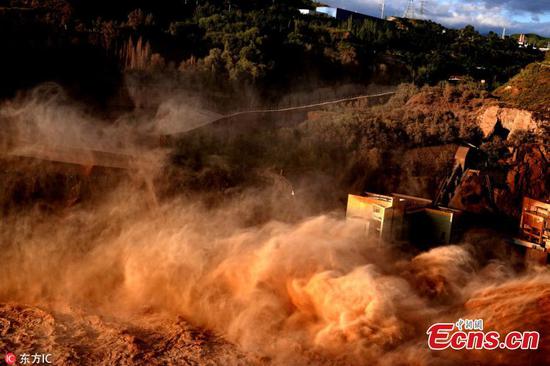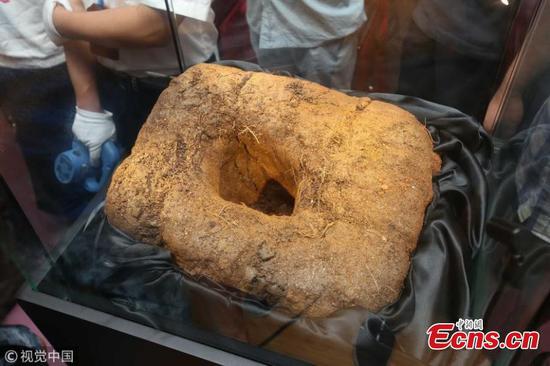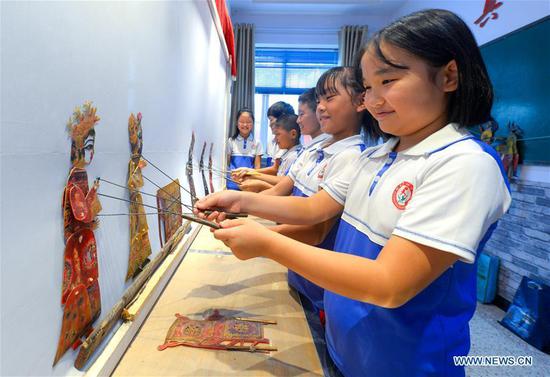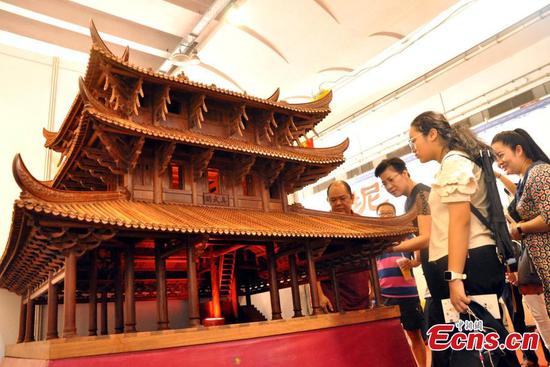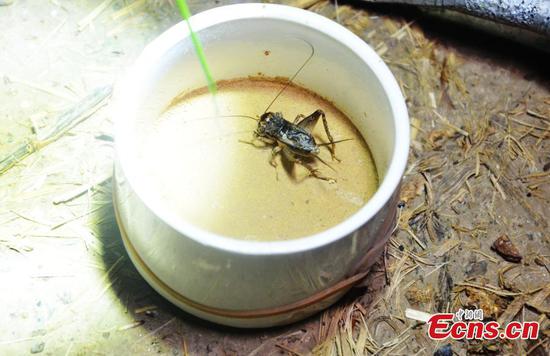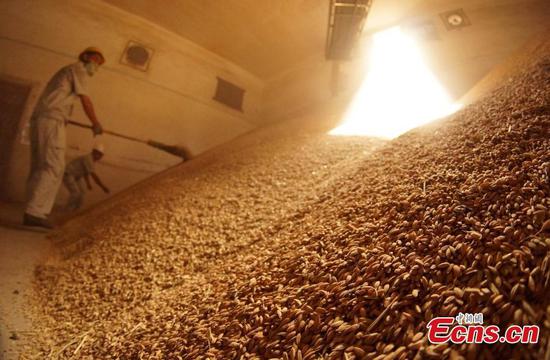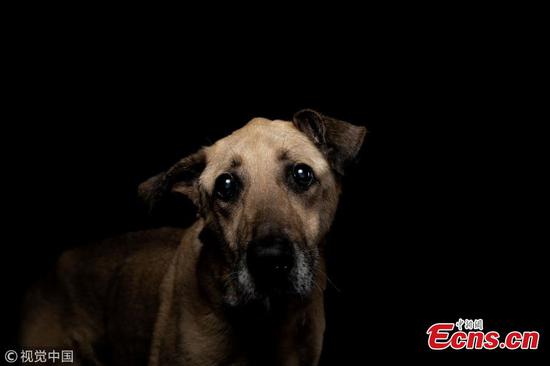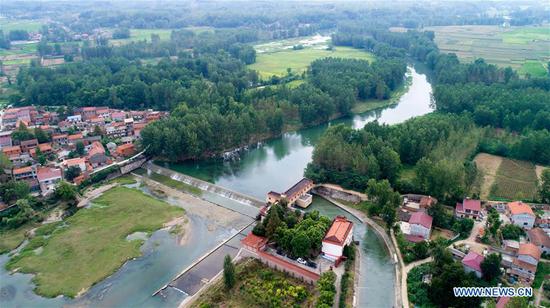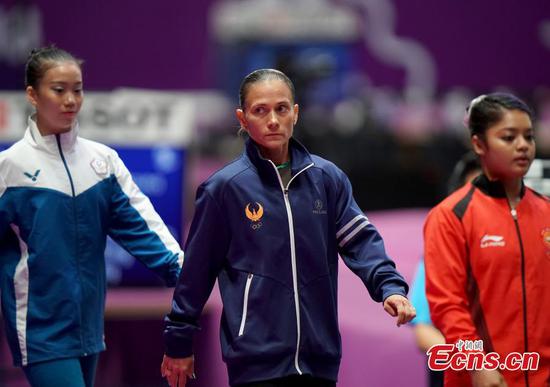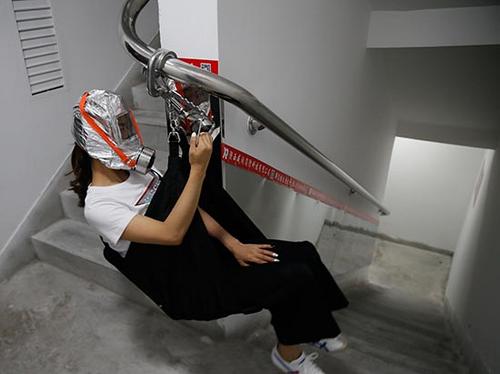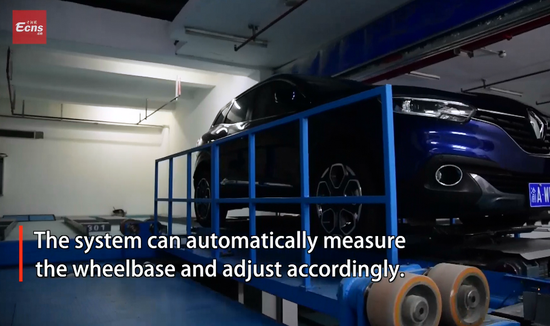Jilin Province will learn a lesson from recent vaccine scandals and take vigorous action to rectify the problems that led to them, the top official of the province said during a news conference on Sunday.
"Recent vaccine scandals should trigger a deep rethinking about government work. And we should be determined to avoid more administrative omissions and irresponsible action. It shouldn't happen again," said Bayanqolu, Jilin's Party chief.
During a conference with senior officials in the province on Sunday, Bayanqolu said that a "revolutionary change" should be made in all political organs in the province, and Party members should take the lead.
Changchun Changsheng Bio-tech Co, which is based in the province, was reported to have produced 252,600 substandard doses of vaccines for diphtheria, tetanus and whooping cough (DTaP) for infants last year. The company was also found to have seriously violated the law since 2014 in its production of rabies vaccine, including adulteration of expired doses and faking production dates.
Several high-ranking officials were fired and dozens of others disciplined in connection with the scandals. Among the senior officials dismissed were the vice-governor of the province, Jin Yuhui; the vice-chairman of the Jilin Committee of the Chinese People's Political Consultative Conference, Li Jinxiu; and Liu Changlong, mayor of Changchun, the provincial capital.
Bayanqolu said the improper production of vaccines by Changsheng was shocking and vile in nature. He said the scandals posed a severe threat to public health and damaged the image of the province.
"The scandals have revealed the problems in the work style of some officials," he said. "Such problems have become great obstacles that hindered the province's development."
On Aug 16, a meeting of the State Council chaired by Premier Li Keqiang was held to follow up on the findings of the investigative team's report. The meeting said the case highlights supervisory failures on the part of local government and regulatory agencies in implementing food and drug safety rules.
State and local supervisory authorities were also criticized for their failings, including a failure to report major risks and potentially risky conditions and poor contingency management, leading to a serious dereliction of duty.
Bayanqolu said the State Council's attitude and treatment of the vaccine scandals shows the country's determination to crack down on illegal activities that threaten lives and other interests.
"Drawing lessons will lead to better development. We will turn self-criticism and guilt into a driving force that pushes us to work hard and fulfill our responsibilities," he said.












